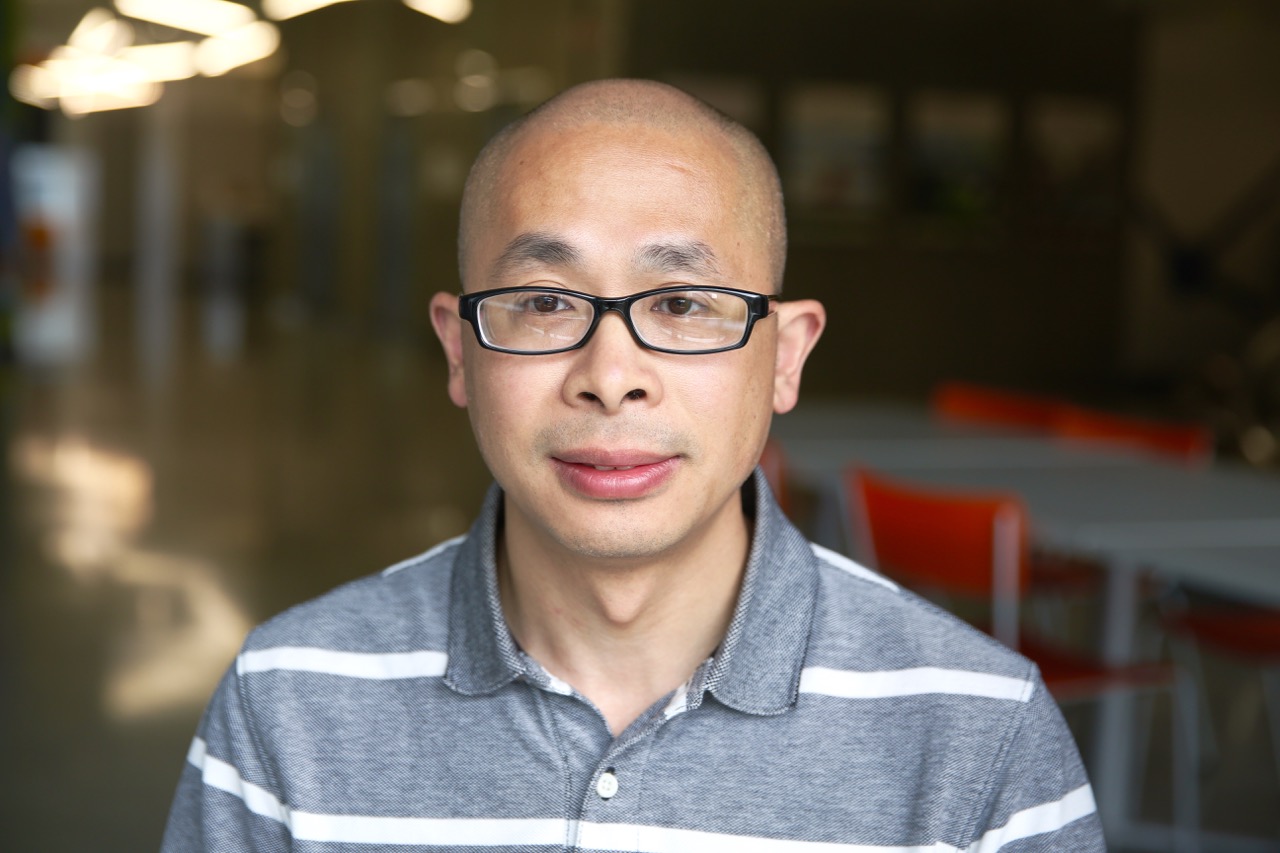Promotion: Dr. Jie Luo Becomes Senior Research Scientist
 isbscience.org/news/2016/04/25/promotion-dr-jie-luo-becomes-senior-research-scientist/
isbscience.org/news/2016/04/25/promotion-dr-jie-luo-becomes-senior-research-scientist/
Congratulations to Dr. Jie Luo, of the Ranish Lab, who has been promoted to senior research scientist. From Dr. Jeff Ranish:
Jie Luo is an extremely dedicated and talented scientist. When he joined ISB in 2006 as a postdoctoral fellow, he had no experience in mass spectrometry-based proteomics. Now he is a leader in the field of structural and functional proteomics. He has conceptualized and implemented several innovative proteomics strategies for studying protein-protein interactions (PPIs) in macromolecular assemblies, and he is currently developing technology to study PPIs on a large scale. Jie is also quite interactive, collaborating with researchers throughout the world to study the architecture of macromolecular assemblies. A good example of his work can be seen in his recent paper on the architecture of the general transcription and DNA repair factor TFIIH (Luo, et al., Molecular Cell, 2015).
Jie excels at pushing the boundaries of system biology research, and he does it while maintaining a positive attitude. Jie is valuable asset to ISB and it is a pleasure to work with him.





